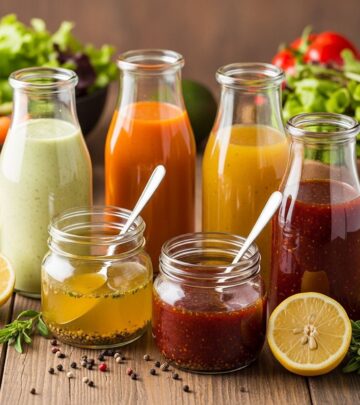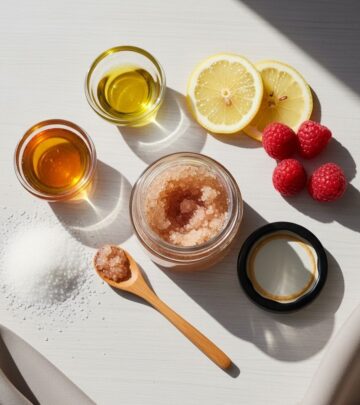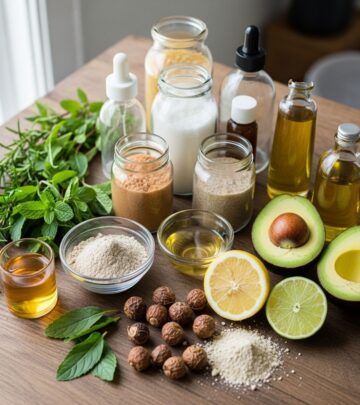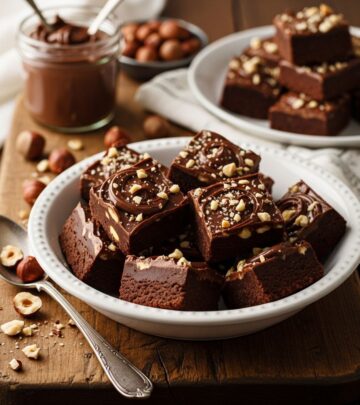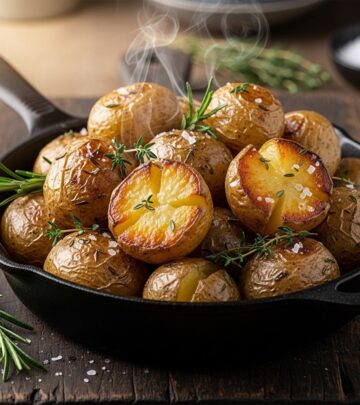The Science and Secrets to Peeling Hard-Boiled Eggs Perfectly
Glide through breakfast prep with pristine egg whites that look as good as they taste.
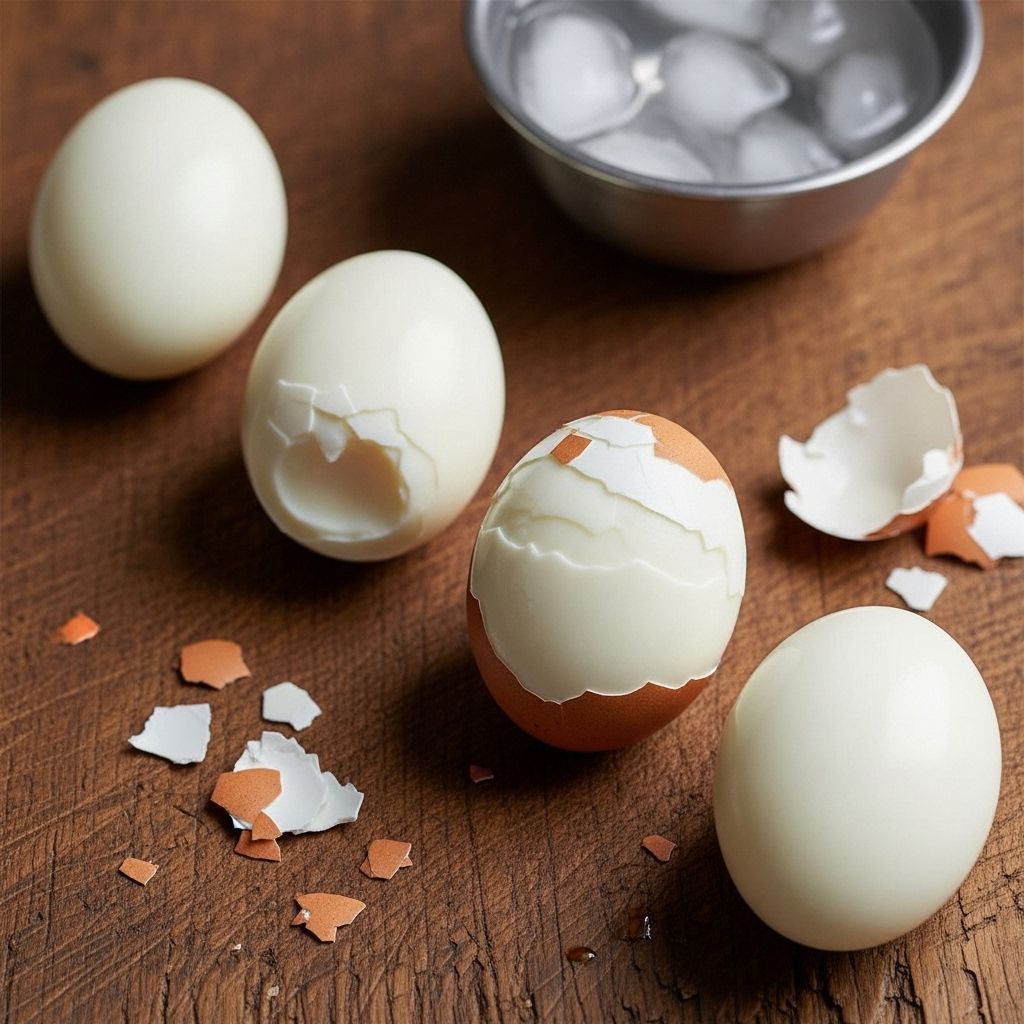
Peeling hard-boiled eggs should be simple, but anyone who has stood over a bowl of stubbornly clinging shells knows it often isn’t. Whether you want gorgeous deviled eggs or just a convenient breakfast, having an egg that peels easily and cleanly makes all the difference. This comprehensive guide explores the chemistry behind the process, the most effective cooking methods, and step-by-step advice to ensure your next batch of hard-boiled eggs comes out with pristine, divot-free whites every time.
Understanding Why Hard-Boiled Eggs Are Hard to Peel
Before diving into techniques, it’s crucial to understand what causes eggs to stick to their shells in the first place. The challenge usually lies at the microscopic junction between the egg white (albumen) and the inner membrane just beneath the shell.
- Freshness Matters: Fresh eggs are notorious for being difficult to peel. The white in a fresh egg is more acidic, causing it to bond tightly to the inner membrane during cooking, leading to chunks tearing away from the egg when peeling. Older eggs, as they sit, experience changes that loosen this bond, making them easier to peel.
Tip: If you have a choice, use eggs that are at least a week old for boiling. - The Chemistry of Cooking: As eggs cook, their proteins denature and form a network. In a fresh egg, acidic conditions promote tighter bonding between whites and the membrane, while in older eggs, increased alkalinity from carbon dioxide loss weakens this bond, resulting in easier peeling.
Traditional and Modern Boiling Methods
There are numerous ways to cook hard-boiled eggs, but not all methods are created equal when it comes to peelability. Here are the most common approaches, plus some innovations:
1. The Cold-Water Start
Traditionally, eggs are placed in cold water, brought to a boil, then simmered. While this approach can work, it often results in the whites bonding more strongly to the membrane, increasing the likelihood of pitted whites when peeling. For this reason, many chefs now recommend starting eggs in hot water.
2. The Boiling-Water Start
Starting eggs in already boiling water creates a thermal shock that causes the whites to contract quickly, pulling away slightly from the membrane. This often results in shells that are easier to remove without tearing the white.
- Bring a pot of water to a rolling boil.
- Gently lower the eggs into the water using a spoon or skimmer.
- Boil for 10–12 minutes for hard-boiled eggs.
3. The Steaming Method
Steaming eggs is one of the most reliable methods for ensuring easy-peel results. By placing eggs in a steamer basket above a small quantity of boiling water, the eggs cook gently and evenly, and nearly always peel perfectly:
- Fill a pot with 1 inch of water and bring it to a boil.
- Place the eggs in a steamer basket over the boiling water.
- Cover and steam for 12 minutes for hard-boiled eggs (6 minutes for soft-boiled).
- Transfer immediately to an ice bath for fast cooling.
4. Pressure Cooking (e.g., Instant Pot)
Many home cooks have found success using electric pressure cookers. They consistently deliver eggs with shells that practically slip off, thanks to steady pressure and heat. General guidelines:
- Place eggs on a trivet above 1 cup of water.
- Cook at low pressure: typically 5–6 minutes for hard-boiled, with a quick release.
- Cool in an ice bath before peeling.
5. Baking Soda, Vinegar, and Other Additive Myths
Adding substances like baking soda, vinegar, or salt to the cooking water is a widely suggested hack. The idea is that these increase the water’s alkalinity, mimicking the effects of age and making the eggs easier to peel. Results are mixed—these additives may provide a modest benefit with very fresh eggs, but are not a substitute for good technique or older eggs.
The Vital Step: Cooling the Eggs
Immediately cooling eggs after cooking is crucial for ensuring easy peeling. Whether you boiled, steamed, or pressure-cooked your eggs, the next step is always the same:
- Ice Bath: Transfer eggs straight from the heat into a cold water bath filled with ice. Let them sit for at least 5–15 minutes. Rapid cooling helps contract the egg, further separating the white from the membrane and shell.
- Running Cold Water: If you lack ice, run cold water over the eggs in the pot, replacing it once or twice to cool them thoroughly.
Step-by-Step: Peeling Your Eggs
The right technique can make peeling noticeably easier:
- Gently tap the egg all over to crack the shell. Roll it lightly on a hard surface to shatter into a network of fine cracks.
- Start peeling at the fat end, where there’s often a small air pocket. Slide your thumb under the shell and membrane.
- Peel under running water (or submerged in a bowl of water). The water seeps under the membrane and helps lift it away.
Expert Tips and Common Pitfalls
- Older vs. Fresh Eggs: For special occasions when appearance matters (like deviled eggs), plan ahead and purchase your eggs about a week in advance.
- Boil vs. Steam: While both methods work, steaming is preferred by many experts due to its consistency, decreased cracking, and easy-to-peel results.
- Don’t Overcrowd: Too many eggs in a small pot can cause uneven cooking and increase the risk of cracked shells. Cook in batches for best results.
- Let Eggs Cool Completely: Warm eggs are harder to peel. Make sure they have cooled fully before starting to peel.
- Store Peeled or Unpeeled: Unpeeled hard-boiled eggs keep best in the fridge and maintain quality for about a week.
Side-by-Side Method Comparison Table
| Method | Ease of Peeling | Consistency | Best Use Case |
|---|---|---|---|
| Cold-Water Start | Often difficult | Inconsistent | Traditional approach, not recommended for peeling |
| Boiling-Water Start | Good | Improved vs. cold | Quick batches, fewer cracked eggs |
| Steaming | Excellent | Very reliable | Large batches, perfect for deviled eggs |
| Pressure Cooking | Excellent | Consistent | Multiple eggs, hands-off |
Troubleshooting: Common Egg Peeling Problems
- Pitted Whites: Usually the result of very fresh eggs or insufficient cooling. Next time, use slightly older eggs and ensure rapid chilling post-cooking.
- Shells Won’t Budge: Often means improper cooling or peeling eggs while warm. Let eggs chill fully and peel under running water.
- Cracks While Boiling: Lower eggs gently into water to avoid impact. Some cooks prick the wider end with a thumbtack to let out trapped air, which can help reduce cracking.
Frequently Asked Questions (FAQ)
Why are some boiled eggs almost impossible to peel?
Eggs that are too fresh have a higher acidity, which causes the proteins in the whites to cling tightly to the shell’s membrane when cooked, making peeling difficult. Older eggs are more alkaline, which weakens this bond and makes for easier peeling.
Does adding vinegar or baking soda really help?
Baking soda can raise the pH and may marginally help with extremely fresh eggs, but the effect is generally minor compared to using older eggs or the correct cooking method. Vinegar is more useful for cleaning the pan than for achieving easy-peel eggs.
Why start eggs in boiling water or steam rather than cold water?
Starting eggs in hot water causes the protein to set quickly and encourages the white to pull away slightly from the shell membrane, making peeling much easier than with the cold-start method.
How long should I leave eggs in the ice bath?
For the best results, chill eggs for at least 5–15 minutes, or until they feel completely cold to the touch. This rapid cooling is key for easier shell removal.
Can I store hard-boiled eggs after peeling?
Yes, but peeled eggs should be consumed within 3–4 days for optimal freshness. Store unpeeled eggs in the refrigerator for up to a week and peel before eating for best results.
Final Thoughts: The Path to Effortless Egg Peeling
Peeling hard-boiled eggs need not be a source of frustration. By understanding why eggs can be difficult to peel and applying proven cooking, chilling, and peeling techniques, you can enjoy easy-to-peel eggs every time—no more ragged whites or wasted eggs. Experiment with the boiling, steaming, or pressure cooking methods, use eggs that aren’t straight from the farm, and always remember the ice bath. Your perfectly peeled eggs await.
References
Read full bio of Srija Burman

